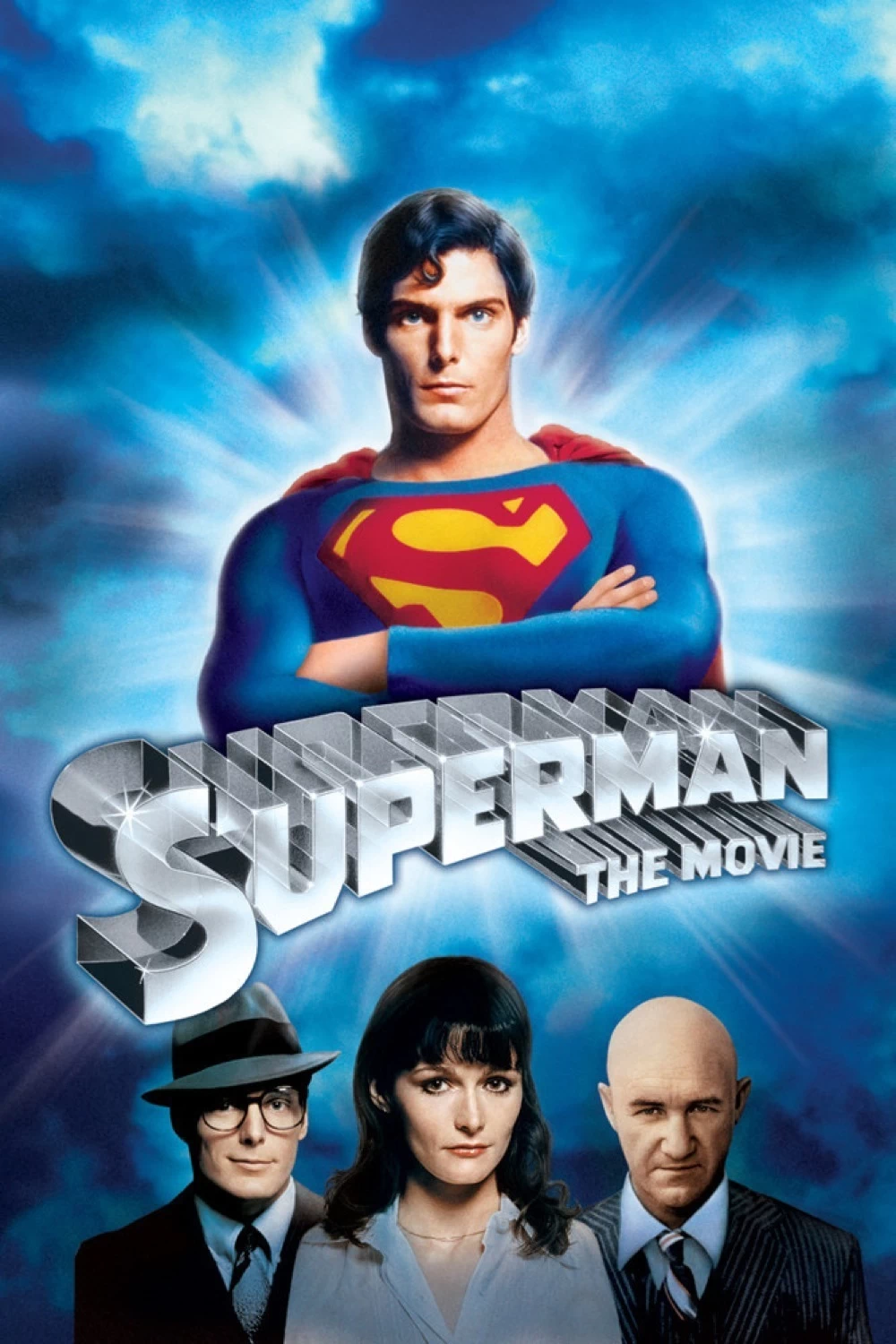Hollywood Shutdown: Actors And Writers On Strike — What It Means For Film And TV

Table of Contents
The Core Issues Fueling the Hollywood Shutdown
The Hollywood shutdown stems from a confluence of long-simmering issues that have finally reached a boiling point. The actors strike and writers strike are not isolated events but rather the culmination of years of evolving industry practices and anxieties surrounding the future of creative work.
Fair Compensation and Residuals in the Streaming Era
The shift from traditional broadcast models to streaming has drastically altered revenue streams for writers and actors. In the past, actors and writers received residuals—additional payments—every time their work was shown in syndication or on other platforms. However, the streaming era has seen a significant decline in these residuals. Streaming services often operate on opaque revenue models, making it difficult for creatives to understand how their work is being monetized.
- Lack of transparency in streaming revenue: Many streaming platforms refuse to share detailed data on viewership and revenue generated from their content.
- Unfair profit sharing: The current system often leaves writers and actors with a disproportionately small share of the profits, despite the significant contribution of their creative work.
- The impact of shrinking syndication deals: The rise of streaming has diminished the importance of traditional syndication deals, further reducing revenue streams for actors and writers.
The Rise of Artificial Intelligence (AI) and its Threat to Creative Professionals
The increasing use of artificial intelligence in the entertainment industry is a major source of contention. Both writers and actors are concerned about the potential for AI to replace human creativity and labor. The use of AI to generate scripts, create deepfakes, and potentially even replace actors altogether, raises significant ethical and creative concerns.
- AI-generated scripts: The possibility of AI writing scripts raises concerns about originality, creativity, and the potential displacement of human writers.
- Deepfakes: The technology to create realistic deepfakes of actors poses a threat to their livelihoods and creative control.
- The potential for job displacement: The widespread adoption of AI in scriptwriting and other creative roles threatens the employment prospects of countless professionals.
- Lack of creative control: The use of AI removes a degree of control from the creative process, leading to concerns about artistic integrity and authorship.
Working Conditions and Health Concerns
Beyond financial concerns, actors and writers also face challenging working conditions. Long hours, grueling schedules, and inadequate safety measures are commonplace, negatively impacting their mental and physical health.
- Excessive overtime: The entertainment industry is notorious for demanding excessive hours of work, often without proper compensation.
- Lack of rest breaks: Insufficient rest breaks and inadequate time off contribute to burnout and exhaustion.
- Inadequate health insurance: Many actors and writers struggle to access affordable and comprehensive health insurance.
- Harassment and unsafe work environments: Instances of harassment and unsafe working conditions remain a problem within the industry.
The Ripple Effects of the Hollywood Shutdown
The Hollywood shutdown has widespread consequences extending far beyond the striking guilds.
Impact on Film and Television Production
The immediate impact is a complete halt to many film and television productions. This leads to delays, cancellations, and significant financial repercussions.
- Delayed release dates: Numerous movies and TV shows face significant delays in their release schedules.
- Cancelled projects: Some projects may be cancelled altogether, resulting in financial losses and job losses.
- Financial losses for studios: Production delays and cancellations translate into substantial financial losses for studios and production companies.
- Job losses for crew and support staff: Thousands of crew members, technicians, and support staff are affected by the lack of work.
Consequences for Streaming Services
The shutdown severely impacts streaming services’ content pipelines and release schedules. This can affect subscriber growth and potentially lead to price increases.
- Content shortages: Streaming platforms face a shortage of new content to attract and retain subscribers.
- Delayed releases of new seasons: Many popular shows experience delays in releasing new seasons.
- Impact on subscriber numbers: Content shortages could lead to a decrease in subscriber numbers and ultimately revenue.
- Potential for price increases: To offset losses, streaming services may consider raising subscription prices.
The Broader Economic Impact
The strike's effects ripple outwards, impacting related industries like tourism, hospitality, and local economies in areas like Los Angeles.
- Reduced spending in surrounding businesses: Local businesses reliant on the film industry experience a significant drop in revenue.
- Loss of revenue for local businesses: Restaurants, hotels, and other businesses that cater to the film industry suffer significant financial losses.
- Negative impact on tourism: The shutdown negatively affects tourism in areas associated with the film industry.
Potential Resolutions and Future Outlook
The outcome of the negotiations will shape the future of the entertainment industry. Potential compromises may involve revised compensation models, clearer guidelines regarding AI usage, and improvements to working conditions.
- Possible compromises: Negotiations may lead to agreements on fair compensation, residual payments, and the responsible use of AI.
- The long-term impact on working conditions: The strike may result in significant improvements to working conditions and employee protections.
- Future contracts and negotiations: The agreements reached will set precedents for future contracts and negotiations in the entertainment industry.
- The role of AI in the entertainment industry moving forward: The strike will influence how AI is used and regulated in the future of filmmaking and television production.
Conclusion
The Hollywood shutdown, caused by the simultaneous strikes of the WGA and SAG-AFTRA, represents a critical turning point for the film and television industry. The core issues—fair compensation, the rise of AI, and improved working conditions—highlight the need for fundamental changes in how the industry operates. The lasting impact of this Hollywood shutdown remains to be seen, but it underscores the crucial role of writers and actors, and the importance of addressing their concerns to ensure a sustainable and equitable future for film and television. Stay informed about the ongoing negotiations and the progress of the Hollywood shutdown to understand the evolving landscape of the entertainment industry. The future of film and television depends on a fair resolution to this crucial industry-wide conflict.

Featured Posts
-
 John Travolta Reassures Fans Following Controversial Bedroom Photo
Apr 24, 2025
John Travolta Reassures Fans Following Controversial Bedroom Photo
Apr 24, 2025 -
 Tzon Travolta O Thrinos Gia Ton Thanato Toy Tzin Xakman
Apr 24, 2025
Tzon Travolta O Thrinos Gia Ton Thanato Toy Tzin Xakman
Apr 24, 2025 -
 John Travoltas Heartfelt Tribute A Moving Photo Marks Jett Travoltas 33rd Birthday
Apr 24, 2025
John Travoltas Heartfelt Tribute A Moving Photo Marks Jett Travoltas 33rd Birthday
Apr 24, 2025 -
 What Happens To The Popes Signet Ring After He Dies
Apr 24, 2025
What Happens To The Popes Signet Ring After He Dies
Apr 24, 2025 -
 Middle East Lpg Chinas New Energy Source Amidst Us Trade Tensions
Apr 24, 2025
Middle East Lpg Chinas New Energy Source Amidst Us Trade Tensions
Apr 24, 2025
